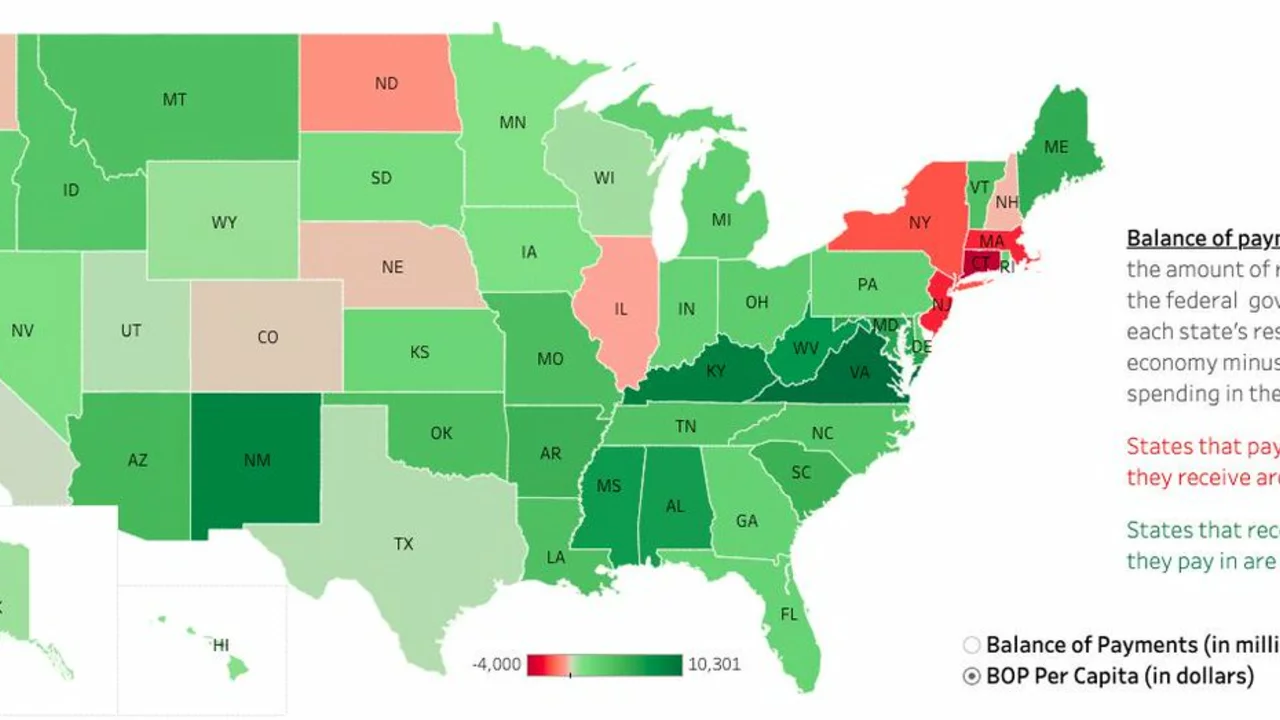
Unveiling the Myth: The Federal Reserve is Part of the Government
One of the biggest misconceptions that people have about the Federal Reserve is that it's a part of the United States Government. It isn't. The Federal Reserve is an independent entity that operates within the government structure but is not directly controlled by the government. It was created in 1913 by Congress to provide the nation with a more stable and flexible financial system. So, while it does work closely with the government, it operates independently to ensure that political pressures don't affect economic decision-making.
The Fallacy of the Federal Reserve Printing Money
Another common misconception is that the Federal Reserve prints money. The truth is, it doesn't. The Bureau of Engraving and Printing, which is part of the U.S. Department of Treasury, is responsible for printing physical money. The Federal Reserve does control the money supply, but it does so through monetary policy, not by printing money. It can increase or decrease the monetary base by buying or selling government bonds and other financial instruments.
Debunking the Myth: Federal Reserve Causes Inflation
Many people believe that the Federal Reserve causes inflation, but this is not entirely accurate. The Federal Reserve does have tools to influence inflation, but it doesn't control it directly. Inflation is influenced by a variety of factors, including supply and demand, consumer expectations, and the cost of goods and services. The Federal Reserve's role is to manage inflation by adjusting monetary policy to stabilize prices and maximize employment.
Unraveling the Misunderstanding: Federal Reserve is Owned by Foreigners
There's a widespread myth that the Federal Reserve is owned and controlled by foreign investors. This is simply not true. The Federal Reserve is owned by its member banks, all of which are U.S. banks. These member banks hold stock in their local Federal Reserve Bank, but this stock does not give them control over the Fed's policy decisions. The Federal Reserve's decisions are made by its Board of Governors, who are appointed by the President and confirmed by the Senate.
Clearing the Misconception: Federal Reserve Causes Recessions
Another myth that needs to be busted is that the Fed causes recessions. Recessions are a part of the economic cycle and are influenced by a vast array of factors, many of which are outside the Fed's control. The Federal Reserve's role is to mitigate the impact of recessions by lowering interest rates to stimulate economic activity. While it's true that the Fed can make mistakes that contribute to recessions, it's not accurate to say that it causes them.
Addressing the Falsehood: Federal Reserve Can Bail Out Banks Without Consequences
Many people believe that the Fed can bail out banks without any consequences. However, this is not true. When the Federal Reserve provides financial assistance to banks, it's a loan that needs to be paid back, not a gift. Moreover, it's not without risks. If a bank fails to pay back the loan, the Federal Reserve could potentially lose money. Additionally, bailouts can create moral hazard, as banks might take excessive risks believing they will be bailed out if things go wrong.
Refuting the Myth: The Federal Reserve is Only Concerned About Wall Street
The belief that the Federal Reserve is only concerned about Wall Street is another myth that needs to be debunked. While the Fed does play a crucial role in the financial markets, its mandate is much broader. Its primary responsibilities are to maintain price stability and maximize employment. This means it's equally concerned about Main Street as it is about Wall Street.
Dispelling the Untruth: Federal Reserve is Unaccountable and Operates in Secret
Finally, the idea that the Federal Reserve is unaccountable and operates in secret is simply not true. The Federal Reserve is subject to oversight by Congress, and its actions and policies are a matter of public record. The Federal Open Market Committee (FOMC), which sets monetary policy, publishes minutes of its meetings and the Chair of the Federal Reserve regularly testifies before Congress. While the Fed does operate independently, it is held accountable to the public and their elected representatives.
